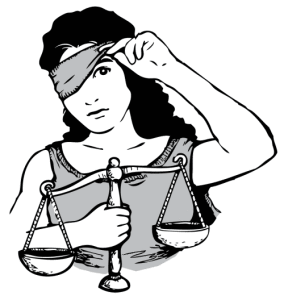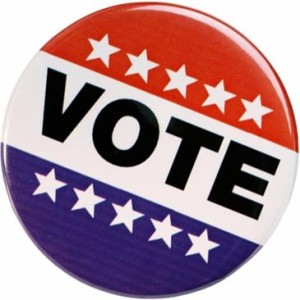 Interesting question. The Model Code of Judicial Conduct requires a judge to “perform all duties of judicial office fairly and impartially.” See ABA Model Code of Jud. Cond. Rule 2.2; see also La. Code of Jud. Cond. Canon 3. Furthermore, a judge must not be “swayed by public clamor or fear of criticism,” and must not allow “political interests” to “influence the judge’s judicial conduct or judgment.” See ABA Model Code of Jud. Cond. Rule 2.4; see also La. Code of Jud. Cond. Canon 3(A)(1).
Interesting question. The Model Code of Judicial Conduct requires a judge to “perform all duties of judicial office fairly and impartially.” See ABA Model Code of Jud. Cond. Rule 2.2; see also La. Code of Jud. Cond. Canon 3. Furthermore, a judge must not be “swayed by public clamor or fear of criticism,” and must not allow “political interests” to “influence the judge’s judicial conduct or judgment.” See ABA Model Code of Jud. Cond. Rule 2.4; see also La. Code of Jud. Cond. Canon 3(A)(1).
A December 2015 study by the Brennan Center for Justice at New York University School of Law calls into question the impartiality of elected judges presiding over criminal cases. See Kate Berry, How Judicial Elections Impact Criminal Cases (Brennan Ctr. for Justice Dec. 2, 2015). The study asked this question: “What, if any, impact do judicial election dynamics have on judges’ decision-making in criminal cases?” The short answer: Some impact. The longer conclusion:
The pressures of upcoming re-election campaigns affect judicial decision-making in criminal cases, making judges more likely to impose longer sentences, affirm death sentences, and even override sentences of life imprisonment to impose the death penalty.
Id. The study’s “key findings” include the following:
- The more frequently television ads air during an election, the less likely state supreme court justices are, on average, to rule in favor of criminal defendants.
- Trial judges in Pennsylvania and Washington sentence defendants convicted of serious felonies to longer sentences the closer they are to re-election.
- In states that retain judges through elections, the more supportive the public is of capital punishment, the more likely appellate judges are to affirm death sentences.
- In the 37 states that heard capital cases over the past 15 years, appointed judges reversed death sentences 26 percent of the time, judges facing retention elections reversed 15 percent of the time, and judges facing competitive elections reversed 11 percent of the time.
- Trial judges in Alabama override jury verdicts sentencing criminal defendants to life and instead impose death sentences more often in election years.
Id. (quoting report). Given that Louisiana elects all of its judges, this study should be of interest to Louisiana lawyers. The full-length study is published here.
